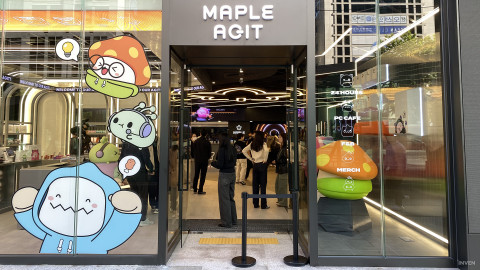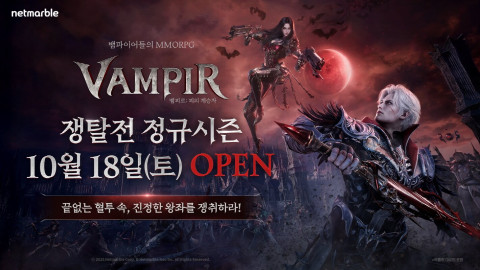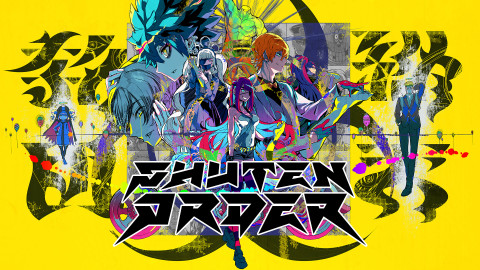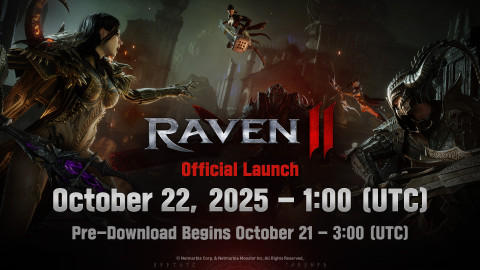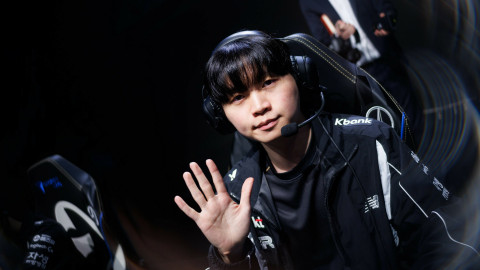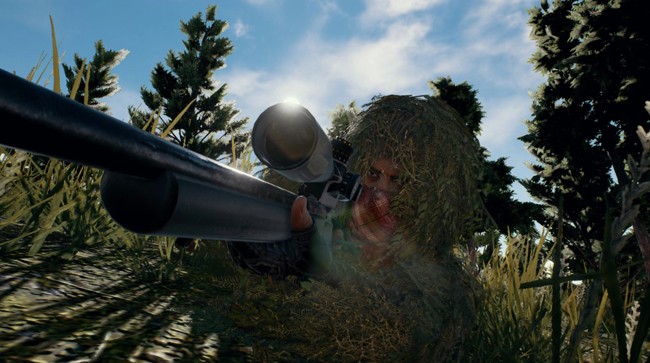
2018 is finally upon us, and with the ringing in of the new year comes resolutions – they’re promises we make to ourselves to improve our health, become more charitable, or even just complete a certain number of video games. They tend to be personal, but with several controversies sullying 2017 for game publishers, it seems appropriate for the companies to adopt their own New Year’s resolutions. Here are the resolutions every game company should make this year.
We won’t include loot boxes that affect gameplay

Ideally, game publishers would ditch the loot box model altogether – the randomized items add nothing of value to the player when they’re presented as the only option for earning additional rewards, even if it’s something as trivial as a new hat or skin for a weapon. But by limiting their use to cosmetic items in games like Overwatch and – for the most part – Destiny 2, the competitive playing field has remained even, and those interested in spending cash to earn a particular emblem or skin were able to do so.
However, those were few and far between in 2017. From Middle-earth: Shadow of War selling loot boxes containing weapons and orc followers to Star Wars: Battlefront II basing its progression system entirely around these drops, gaming often became a chore. Just getting that one weapon or ability could turn into a weeks-long affair, and with so many games available to play instead, publishers are living in a fantasy world if they think players will just accept it. If loot boxes must remain in games – which they wouldn’t, if game prices were increased for the first time in 12 years – they must only be for items that do not give players an unfair advantage or decrease the time necessary for completing single-player adventures.
We won’t blindly chase PlayerUnknown’s Battlegrounds

PlayerUnknown’s Battlegrounds came out of nowhere to become the biggest gaming phenomenon of 2017, and it helped to popularize the “battle royale” genre with the help of streamers on YouTube and Twitch. We already saw Epic Games introduce Fortnite’s free-to-play “Battle Royale” mode, and as more studios see the success of those games, they’re inevitably going to try to replicate it with a title of their own.
But much like the companies that chased Overwatch’s success and tried to create their own “hero shooters,” Battlegrounds clones are destined only to oversaturate the market, splitting up players who would otherwise enjoy one game together. Instead, these studios must work to create something that will be the “next big thing,” capable of existing alongside earlier smash hits without emulating them. Obviously, this is much easier said than done, but we have faith in the creativity of developers – except for Hi-Rez, which introduced a battle royale mode it literally called “Battlegrounds.”
We will release games on Nintendo Switch

Even with its lower processing power compared to other consoles and PC, the Nintendo Switch is one of the best places to play video games. It’s portable, allowing players to take their games with them almost anywhere, and its flexible control schemes offer more variety and choice than the gamepads on either the Xbox One or PlayStation 4. Third-party support for the system was fairly solid in 2017, particularly from Ubisoft and Bethesda, but publishers have to remain committed to releasing future games on the Switch, as well.
This year, Wolfenstein II: The New Colossus will arrive on the system, but it seems bizarre that other big-name games like Dragon Ball FighterZ or Monster Hunter World haven’t received Switch ports. The time and resources necessary to get these games on the Switch might not make sense for smaller publishers, but a segment of casual players who only own a Switch would be able to experience their titles for the first time. Ideally, third-party companies will also release their own Switch exclusives, designed to take full advantage of the Switch’s features. With only a few first-party Switch games announced for a 2018 release, it would help to fill the void.
We won’t abandon single-player, linear games

The most successful games of 2017 – games like Destiny 2, Call of Duty: WWII, Ghost Recon: Wildlands, and PlayerUnknown’s Battlegrounds – had something in common. They were either multiplayer, open-world, or both. As games continue to move toward a “service” model and offer ongoing content instead of a finite, self-contained story, we’ve seen the number of linear single-player games dwindle. Electronic Arts shuttered its single-player-focused Visceral Games last year and abandoned its original vision for “Uncharted in space,” instead pivoting to a model that more closely resembles Destiny. Anthem appears to be chasing the “shared world” dragon, as well.
But there are still players who want nothing more than a story with a beginning, middle, and end that they can complete in a weekend. Games like The Evil Within 2 didn’t light the sales charts on fire, but with continued word of mouth, they can still carve out a nice niche. They can exist in tandem with online and open-world experiences, and continuing to fund them will ensure the market doesn’t become oversaturated with “hobby-grade” games. It really didn’t matter if Gearbox’ Battleborn was superior to Overwatch – there simply wasn’t enough room for both games.
We will stop abusing “early access”
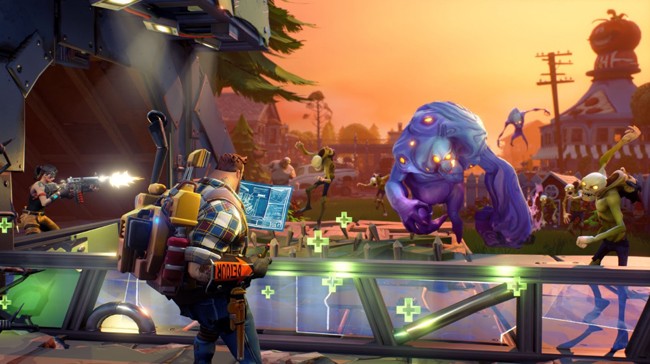
“Early Access” games are works-in-progress. They’re available on services like Steam and Xbox’s Preview program, and are clearly labeled in digital storefronts so players are aware they aren’t buying a complete game. Some are missing certain modes. Others, like PlayerUnknown’s Battlegrounds, launched with limited gameplay features. None of them should be treated as a full game.
But, of course, that’s exactly what game publishers have begun doing. Fortnite released this past summer in early access, costing around $40, even though Epic Games planned to transition to a free-to-play model in 2018. Battlegrounds is now available for Xbox One on store shelves, even though it isn’t “out.” If a game can be held in your hand and purchased for money, how could it possibly not be “out” yet?
Publishers need to reevaluate how they view their customers and what “early access” is meant to accomplish. If they simply want to make money off a game they haven’t finished, they shouldn’t allow it to be stocked alongside completed, relatively bug-free games on retailers’ shelves.
Sort by:
Comments :0


